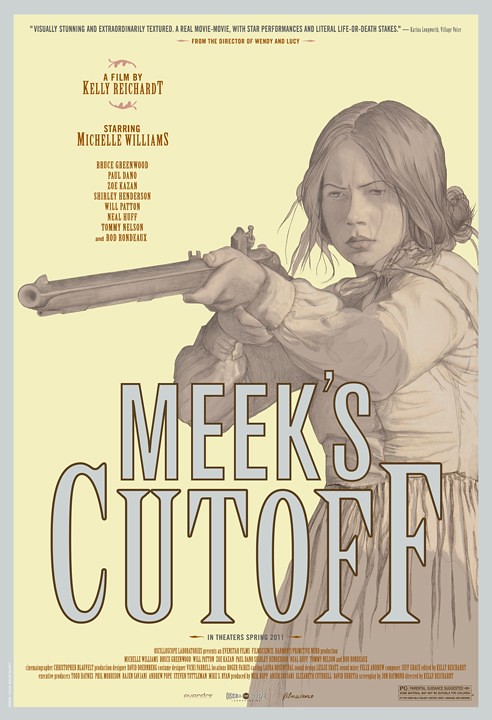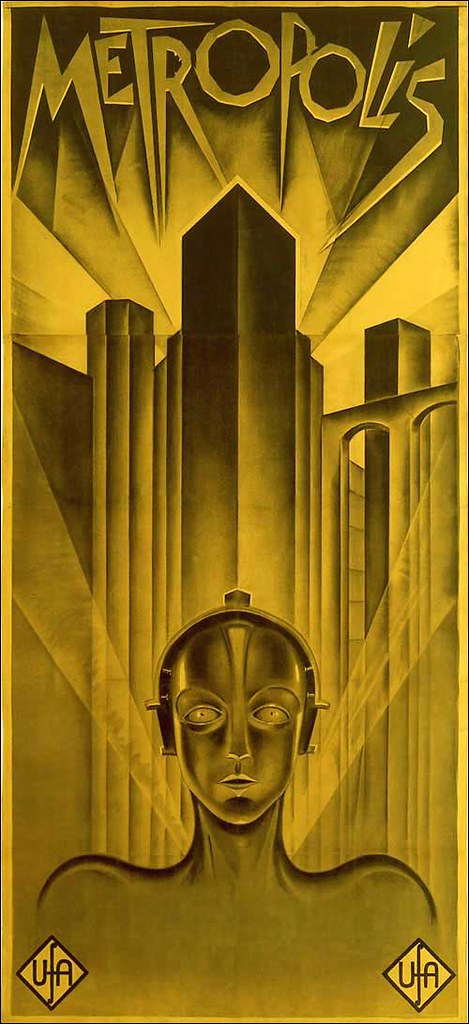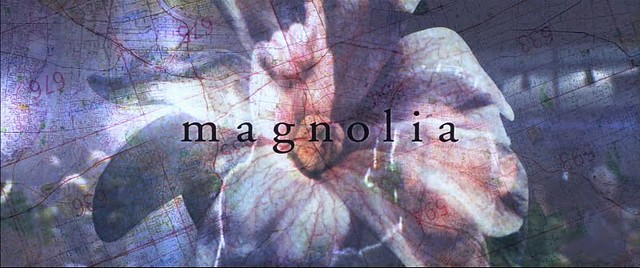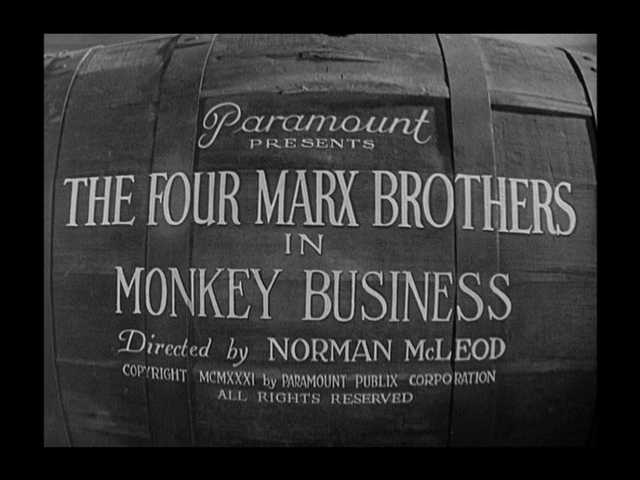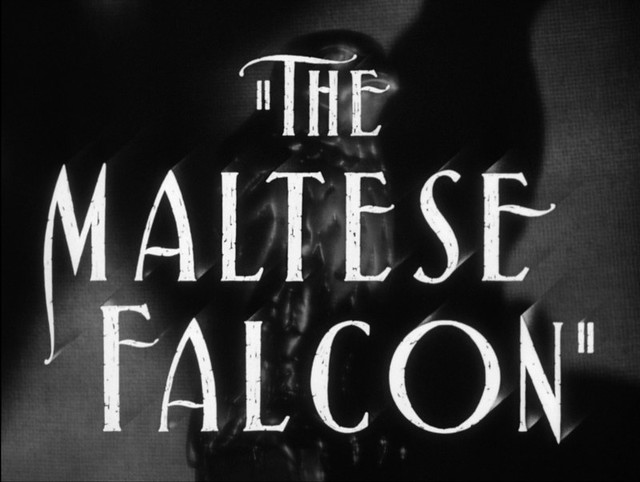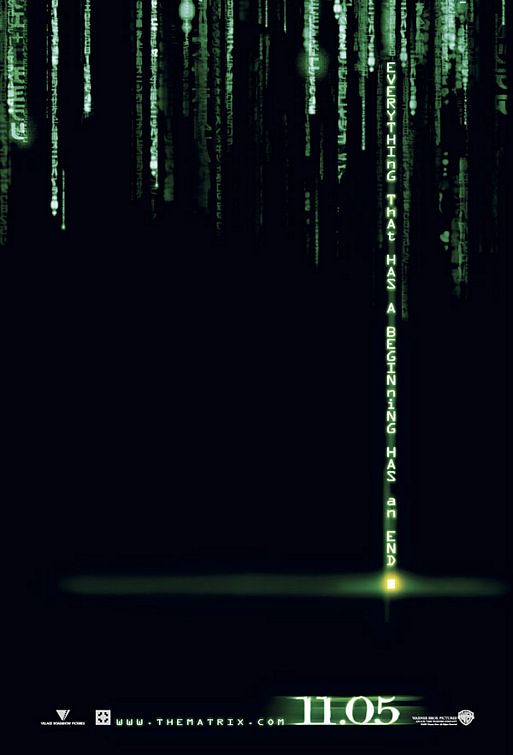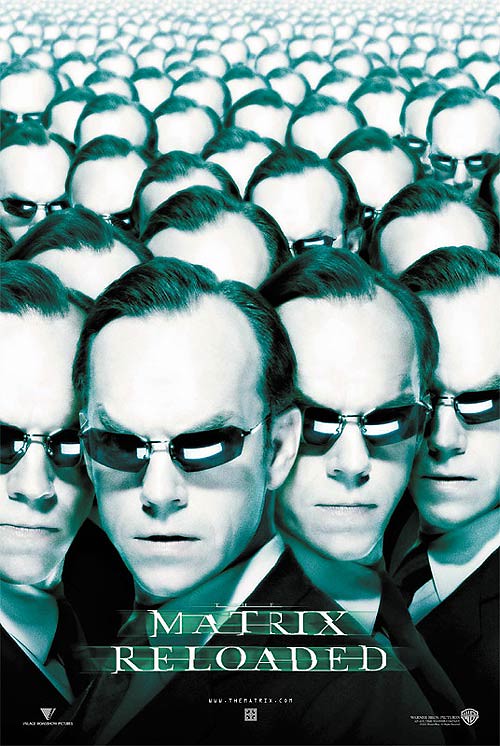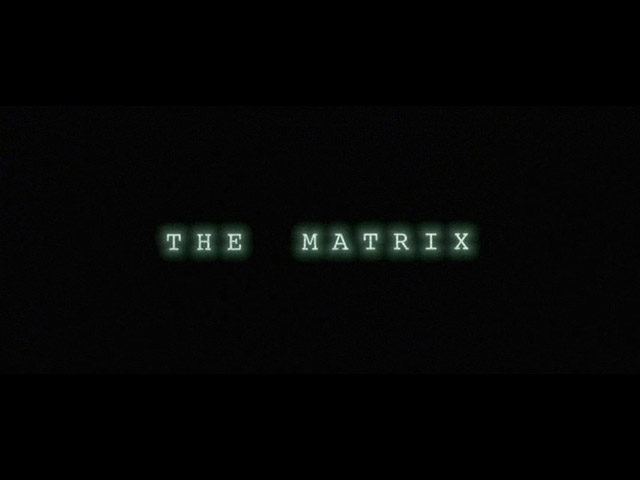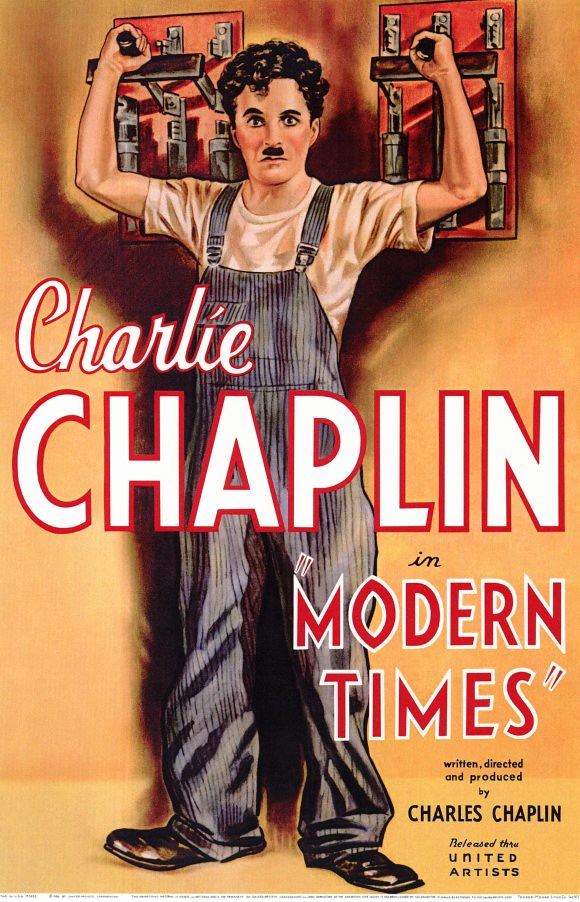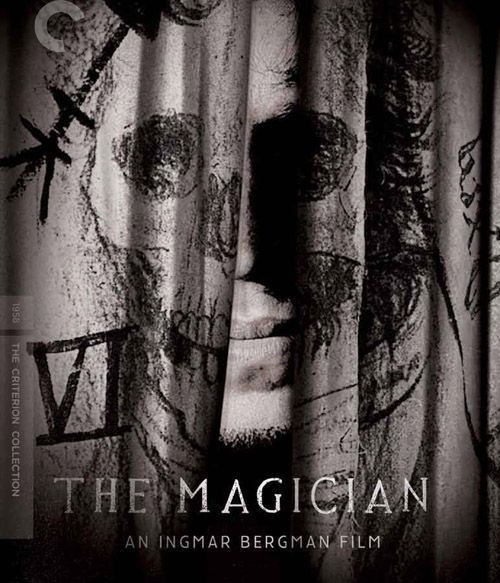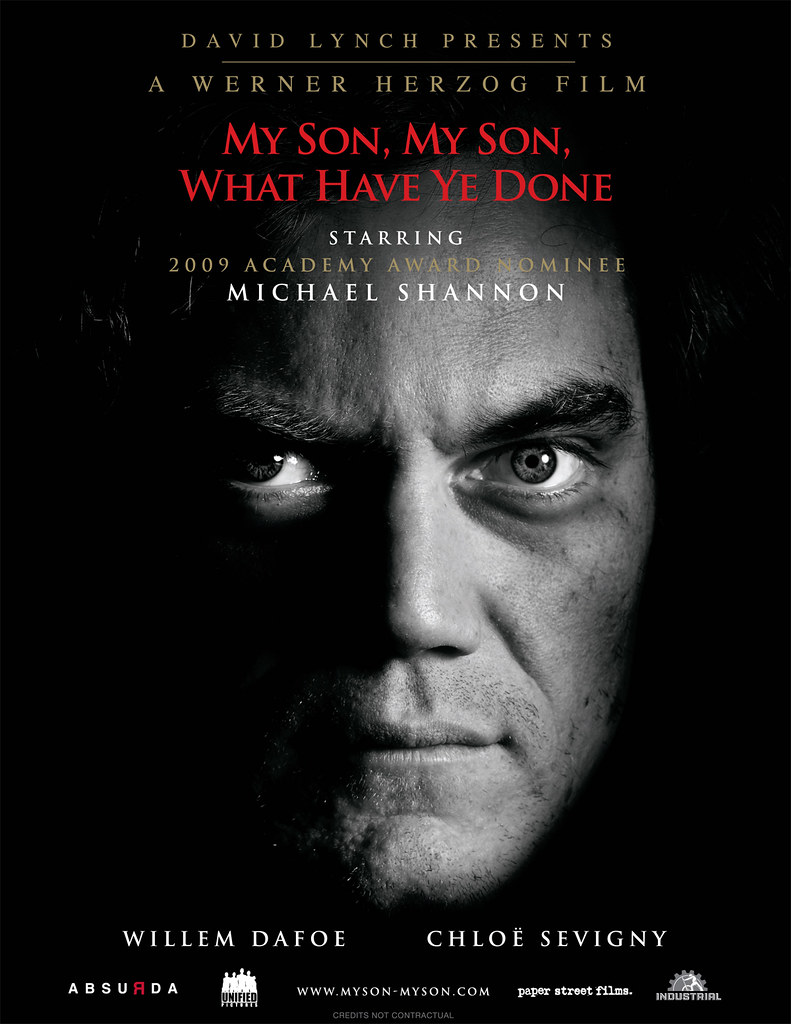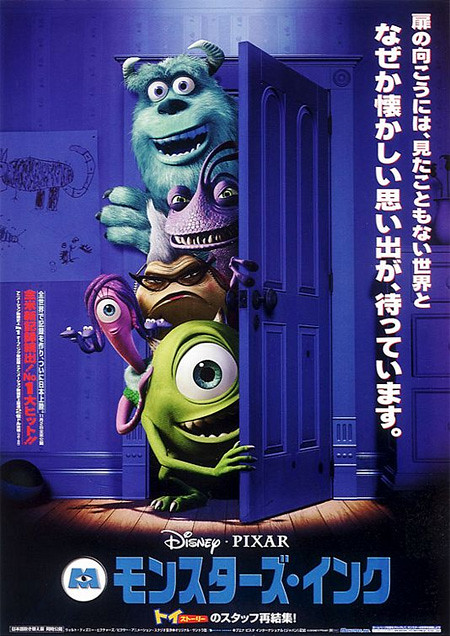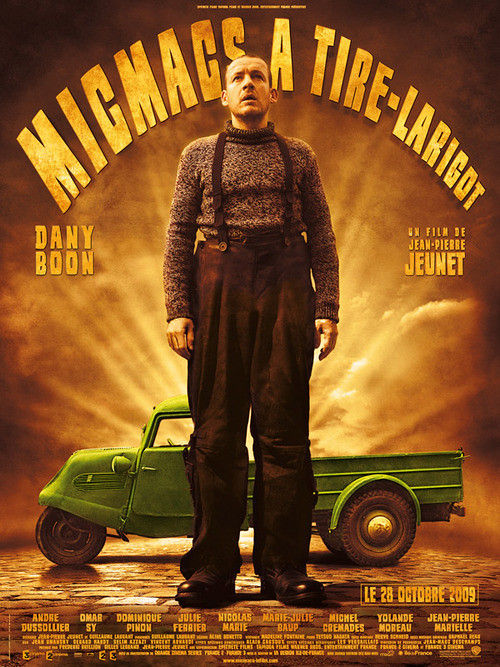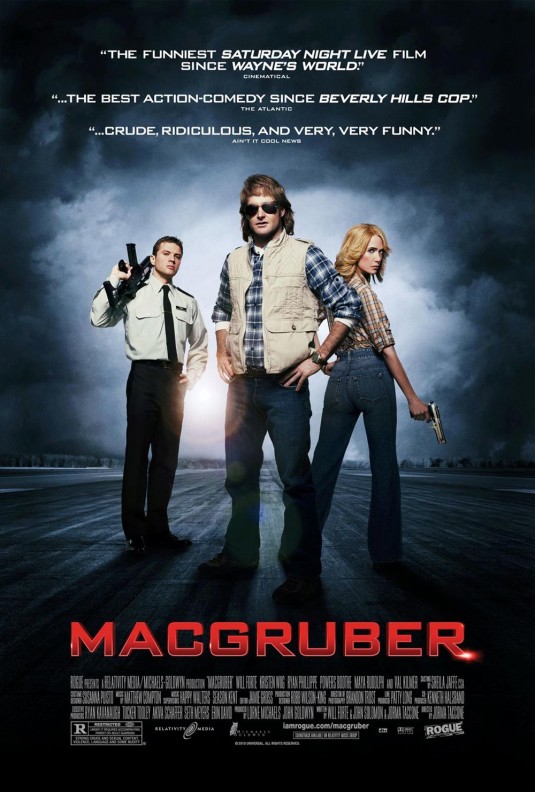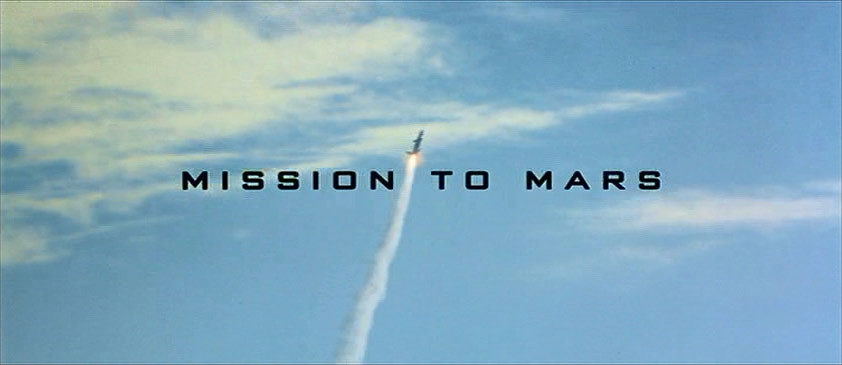
This is probably my third time seeing this film, including way back when (all the way back at the dawn of time, in the year 2000) when it played in theaters. I guess I'd basically describe it as equal parts entertaining and underwhelming -- not quite disappointing, and not quite exciting. The script is a bit hokey, with by-the-books dramatics and characterization, clunky exposition and backstories, all that. But the technical details, though simplistic-feeling, also have a real sense of verisimilitude to them. It feels very much like someone excitedly did a lot of really good research into realistic advances in space exploration technology and culture, but maybe hasn't spent a lot of time around real humans. In fact, for all the detail put into space suits and orbital velocities, there is no sense that life continues for any of these characters when the camera's not actively on them. They exist only as elements in this particular story, the perfect combination needed to get from Point A (a disaster involving the first astronauts on Mars, in a curiously but conveniently un-televised event) to Point B (Jim staying behind to accept the
Close Encounters-style invitation to explore the cosmos in an alien ship). There is no life beyond the edges of the frame, but within the frame some reasonably exciting stuff does happen.
So -- seriously -- who is a better director for this kind of material than Brian De Palma? Apart from vague similarities to
2001, it's not full of homages to classic cinema (probably somewhere there's a wink or a nod to Hitchcock somewhere in there... right?), but the self-conscious style and the use of movie expectations to keep the story rolling along fits De Palma just fine. There's something exuberantly unambiguous and hamfisted in the storytelling, the emotions, and especially the strange, mildly unearned sentimental montage at the end, and watching this now it's hard to fault it for its obviousness or patness: it's hardly accidental or unconscious. As a story about a man solving a hundred-million-year-old puzzle and earning a chance to join the proto-human Martians somewhere out in the galaxy, it does everything you'd expect it to do, and it does an all right job of it.
For the most part the space- and Mars- and astronaut-related visual effects all look surprisingly good (I'll overlook the wrongness of the zero-G liquids), which makes the weird cartooniness inside the Martian Face structure all the more unusual, and I remember thinking before that this was just another case of You-Never-Should-Have-Put-The-Camera-Inside-The-Ship (to reference
Close Encounters of the Third Kind for a second time), but I'm willing to give a tiny bit more leeway here, since it's pretty clearly meant to be some kind of a holographic representation, a CGI simulation in other words, and not a photorealistic depiction of the ancient Martian, or of the Solar System History lesson. Again, with so much of the movieness of this feeling slightly self-conscious, I'm inclined to at least wonder if it wasn't a deliberate choice, letting the alien look less than realistic (it being a film from 2000, when CGI was still coming out of its infancy, doesn't really help support this theory). What it doesn't forgive is the awkward, goofy design of the alien itself. But, whatcha gonna do.
From the perspective of writing reference, though, it was interesting to note how sharply delineated the first act info-dump is, leaping ahead in time (necessarily) and cramming as much conveniently on-the-nose dialogue into each sequence as possible. Again, it's hard to ignore the artificiality of the whole enterprise, the convenience of almost every scene (this unfortunately diminishes an otherwise memorable and dramatically exciting death scene halfway through the film -- you all know which one I mean). Again, the pieces are just too well-suited to the needs of the story, and so at no point do you really get a sense of tough choices being made even when the choices being made would ostensibly be very high-stakes, very difficult decisions.
It's a case of the cart before the horse: they had a story they needed to tell, these guys -- humans get to Mars; on Mars they find a mystery that kills three and strands one; the rescue mission gets to Mars and finds their stranded friend, from whom they learn some key pieces of the story; a challenge is posed, accepted, and met; a deep secret of the universe is revealed; and someone from the party has to be perfectly suited to make a leap of faith. To tell that story, you look at the pieces you need and you fill them out accordingly. That's plot-driven writing. In character-driven writing, you'd set up the mystery and the puzzle, and then put the
wrong sorts of people in these situations, and see what they do instead. Maybe the Martian Cyclone-Worm/Spaceship-Invitation Doohickey goes unsolved for fifty more years. I don't know. The point is, this isn't character-driven. And it's okay, but... well, I guess it's clear where my preferences fall.
(Further, the story demands that when the hero leaps off a cliff we don't give too much thought to the logistics or ramifications of that: a single human alone, in some strange alien spaceship, chasing after a very alien race with completely unknown cultural and ideological -- let alone biological -- expectations, needs, or desires... do the proto-human Martian Almond Men want to eat him? study him in a zoo? is he the final step in a hundred-million-year-long experiment in evolution and xenobiology? It seems pretty weird if they just want a single human friend, doesn't it? Compound all that with the fact that this race left Mars
before single-cell life on Earth had developed -- I mean, that's a pretty big head start; in the time it took amoebas to become spacefaring hominids, what changes do you think these highly advanced, genetics-mastered spaceworthy Almond Giants have undergone? What exactly is waiting out there for him, best case scenario? It's not like they're going to remember sending out a party invite when they were forced to abandon their home to an asteroid crash. Also, if I'm going to fill this long parenthetical with hole-punching, I can't walk away and not ask: when their lush green Mars was turned into a lifeless husk, why was soaring through space toward a new galaxy a better option than hopping one planet closer to the Sun and populating Earth themselves? It was worthy of their raw genetic material but it wasn't worthy of their cities and culture?)
Anyway, like I said: this story desperately doesn't want to exist beyond the edges of the frame. The characters, the technology, the mystery, and the secret origins of life on Earth. It's like the façades built for those old 1950s westerns: entire towns that were nothing but storefronts and boardwalks, held together on the backside by plywood crossbeams. If you look at it head-on, it's a beautiful, sprawling, detailed frontier town. But if you cock your head to either side and peer around the edges, beneath the surface or into the shadows, you realize how poorly supported and precarious the whole thing is.
Several cautionary tales in all those colorful metaphors, as I return now to working on my script.


